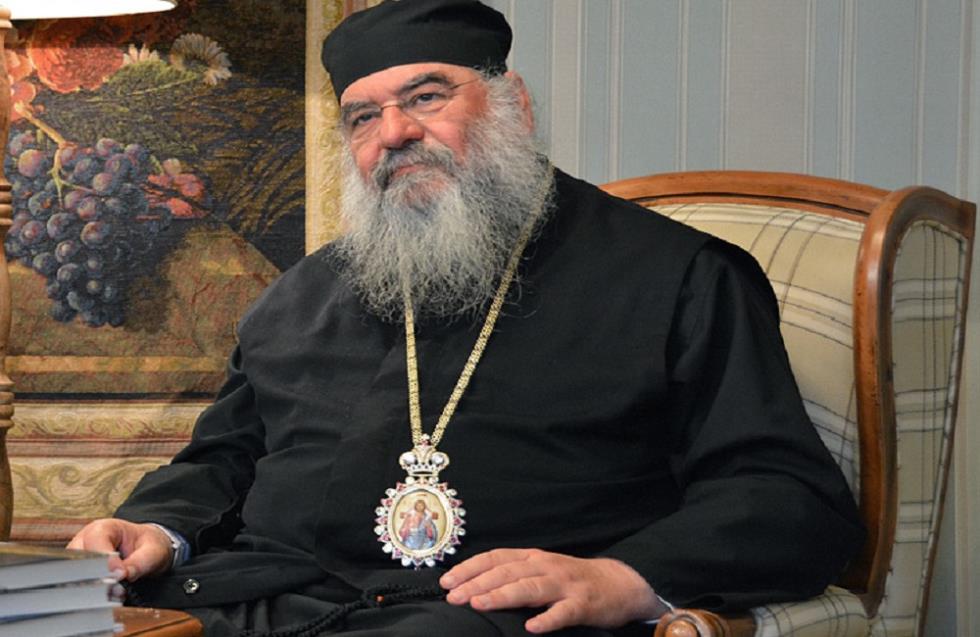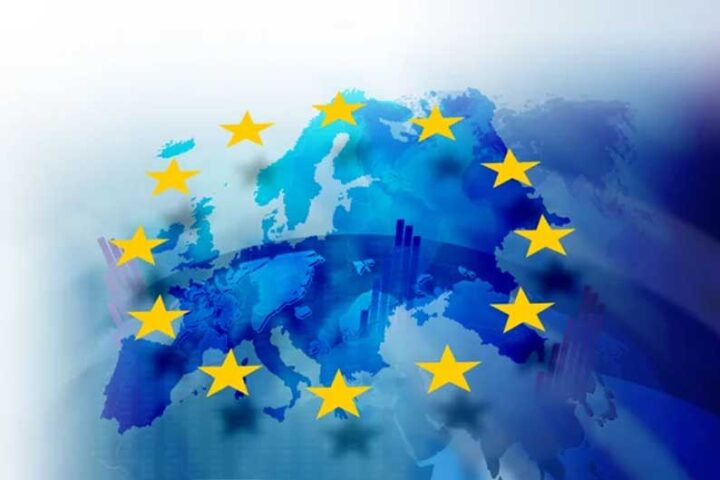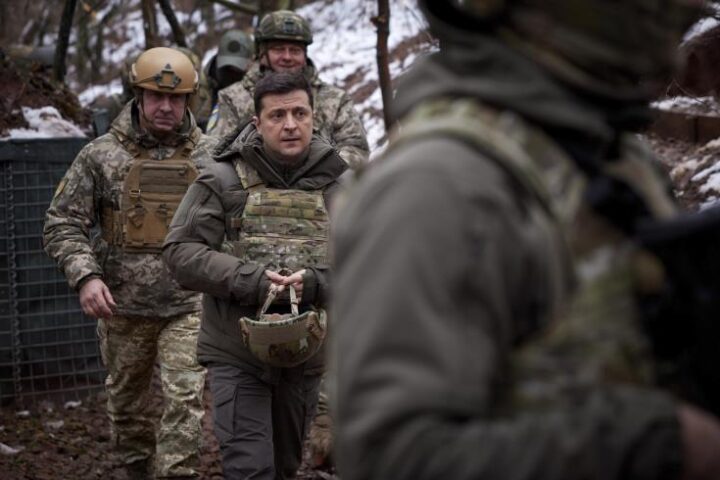The thorny issue of recognising the recently proclaimed independence of the Ukrainian Orthodox Church and Russia’s invasion is decisive in the campaign for the Archbishop’s throne.
Almost half of the Holy Synod are running, as seven high-ranking clergy have thrown their hat in the ring for succession to the late Archbishop Chrysostomos II.
Archbishop Chrysostomos II, who died two weeks ago after a long battle with cancer, was buried in a crypt he had commissioned beneath Apostle Varnavas Cathedral near the Archbishopric in Nicosia, exactly 16 years after his enthronement on 12 November 2006.
While the hopefuls have been making unity statements, the Holy Synod appears to be deeply divided over the Ukrainian church and the war waged by Russia.
In comments to Politis radio, theologist and former MEP Andreas Patsalides said that the camps for the succession of the Archbishop had been formed long before the passing of Chrysostomos II, with their stance on the Ukrainian Church being key.
Cyprus’ Holy Synod of 17 bishops was split in 2020 over the decision by Archbishop Chrysostomos II to extend blessings to the leader of the newly proclaimed Ukrainian Orthodox Church, Epiphanius I.
In 2020, he moved unilaterally to recognise the new Ukrainian Orthodox Church’s independence from Moscow, overturning an earlier Holy Synod position of neutrality on the controversial issue.
Later, 10 out of 17 bishops voted not to contest the decision by Archbishop Chrysostomos II, with seven bishops openly disagreeing with the decision.
The seven bishops, according to reports, included Limassol Bishop Athanasios, Tamassos Bishop Isaias, Kykkos Bishop Nikiforos and Morphou Bishop Neophytos and another three junior clergy.
Pitsilides said: “The late Archbishop built a team of clergymen in the Holy Synod that saw eye to eye with his stance on several matters, including the Ukrainian question”.
“The tendencies within the Holy Synod solidified a few years back still exist with minor differences in the clergy that make up the camps. Some bishops have switched sides.”
Also, according to Pitsilides, a lot has been happening behind the scenes, with seven of the 16 Holy Synod interested in the throne, with personal ambitions possibly undermining unity efforts.
The first stage of electing the next Archbishop will be for the faithful to vote. Then it will be up to the Holy Synod to choose the next leader from the top three.
Reportedly, Constantias Bishop Vasilios, Tamassos Bishop Isaias, Limassol Bishop Athanasios and Paphos Georgios are the bishops closest to being among the three chosen.
Russia
Athanasios, probably the most popular cleric, had broken camp with his fellow clergy overturning the tables ahead of a possible election for a new Archbishop.
He came out against the recognition of the Ukrainian Church, aligning himself with the Russian Orthodox Church.
Tamasos Isaias, once in the pro-Russia camp, has recently jumped ship, claiming to be appalled by Russia’s invasion of Ukraine.
He had been a staunch supporter of Russia, told state radio this week his “stance changed after the first bomb hit Ukraine”.
“It was a very traumatic experience for me.”
The fact that Russia’s Patriarch Kirill not only failed to denounce but, in fact, supported the war caused him to step back.
Pitsilides said the clear intervention of the Ecumenical Patriarch of Constantinople, Bartholomew, would play its role in the election.
The Ukrainian Church gained its autocephalous after Istanbul-based Ecumenical Patriarch Bartholomew I, considered first among equals in the Orthodox patriarchy, in 2019 granted independence to Ukraine’s new Orthodox Church, severing its centuries-long ties with Russia.
Bartholomew’s move angered the Russian Orthodox Church, which cut ties with the Patriarchate.
Chrysostomos II was seen as Bartholomew’s ally in the move.
Pitsilides said: “It is no secret that the Patriarch would like to see a bishop close to his late ally ascend to the throne.
“He would ideally prefer to see Constantia’s Bishop Vasilios, who was a close ally of the late Archbishop or Paphos Bishop George, who had also supported Chrysostomos II on the matter of the Ukrainian Church.
Elections are scheduled for 18 December.
Anyone who is Christian Orthodox and a citizen of Cyprus for at least a year has the right to vote for a new archbishop.
A ballot will be held based on catalogues already provided by the state.
Non-Cypriots who are not registered parishioners and wish to vote must register, submitting proof of their residency status and that they were baptised Christian Orthodox.










